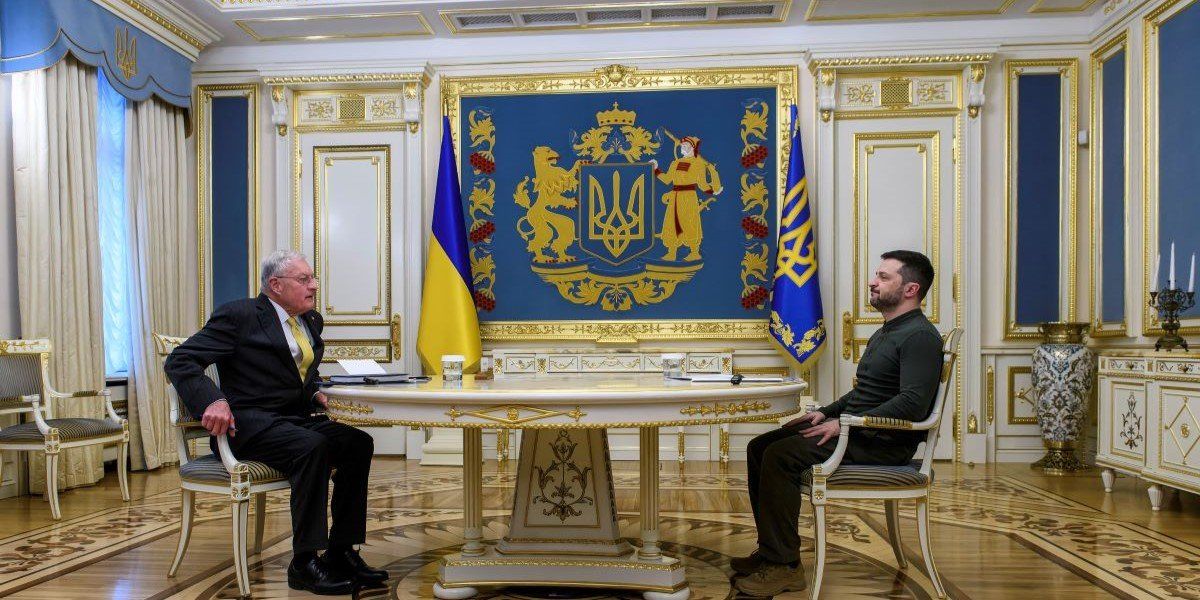Ahead of the third anniversary on Monday of Russia’s full-scale invasion of Ukraine, Ukraine’s President Volodymyr Zelensky and Donald Trump’sUkraine envoy, Keith Kellogg,met in Kyiv on Thursday to discuss bringing the fighting to an end as Washington’s allegiances appear to be shifting toward Moscow. After the meeting, a scheduled joint press conference was canceled on the orders of the US envoy, a sign that the two had not seen eye to eye.
Kellogg’s Kyiv visit comes amid growing tensions between Trump and Zelensky — whom the US president called a dictator this week — raising grave concerns about continued US support for Ukraine. Washington also opposed naming Russia as the aggressor in a G-7 statement set to be released on the war’s third anniversary, further fracturing the group's once-united front against Russia.
The Trump administration is increasing pressure on Ukraine to accept a deal to give the US access to critical minerals in Ukraine as repayment for its past support. “They need to tone it down and take a hard look and sign that deal,” Mike Waltz, the White House national security advisor, said in an interview with Fox News this week. Ukraine has criticized the US for engaging Russia in talks about ending the war without having Ukrainian representatives at the table earlier this week, with Zelensky saying Trump is living in a “disinformation bubble.”
Meanwhile, Polish PM Donald Tuskproposed using frozen Russian assets to aid Ukraine, enhancing NATO air defense and border security, and adopting new EU fiscal rules for defense funding as the continent scrambles to shore up Ukraine’s — and its own — security in the absence of American support.
